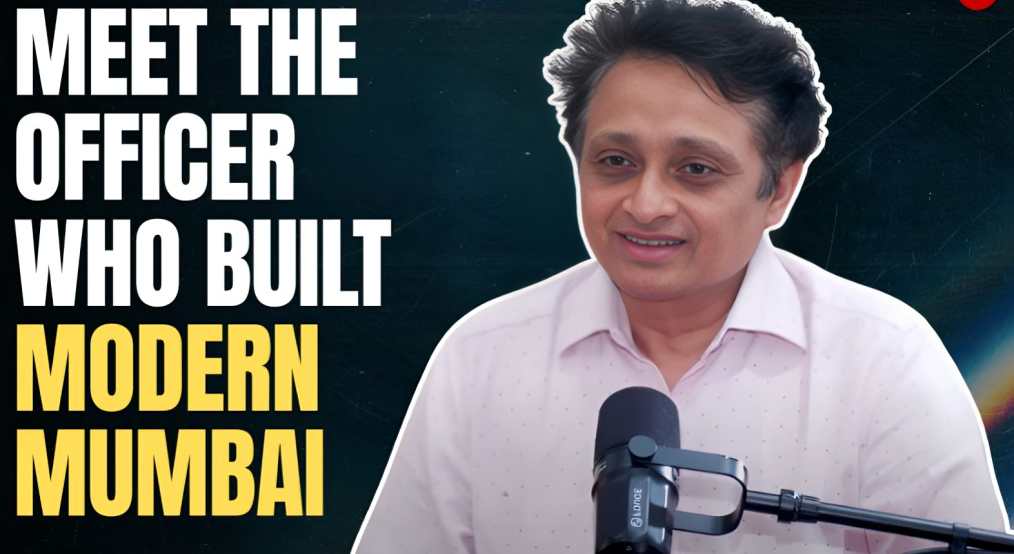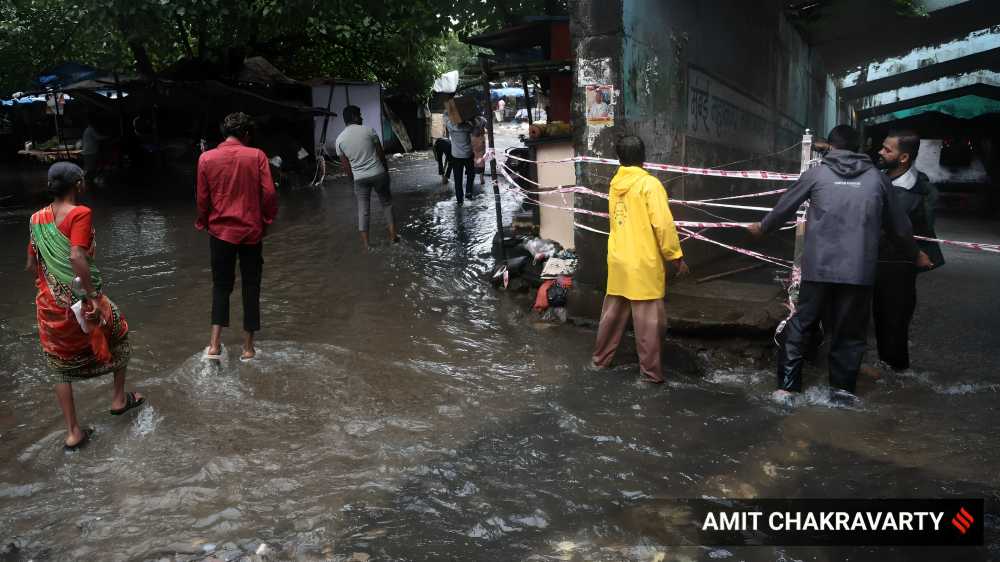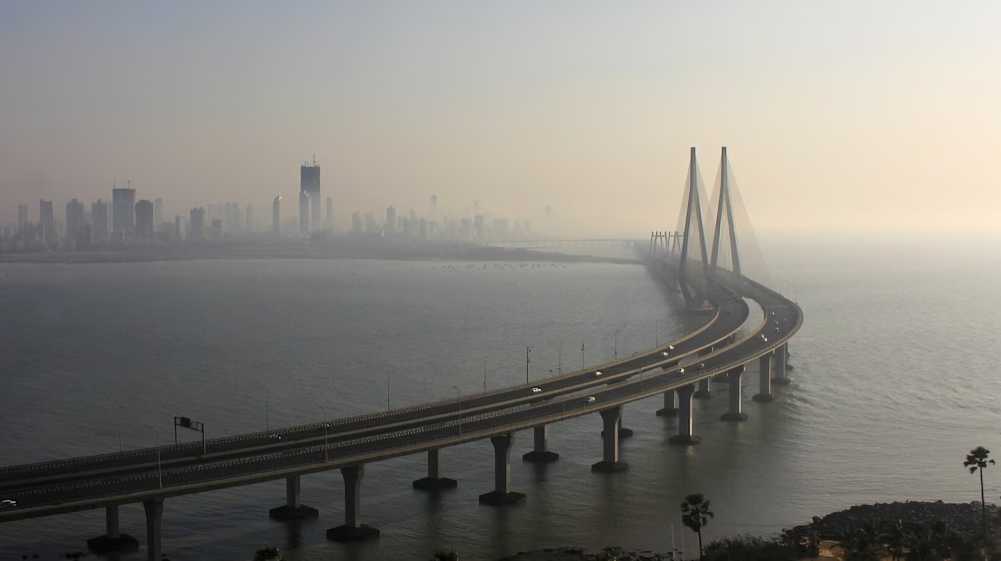August 7, 2025: In an exclusive interview with Indian Masterminds, senior IAS officer S.V.R. Srinivas (1991 batch, Maharashtra cadre) reflected on his remarkable journey from modest beginnings to leading some of India’s most transformative urban infrastructure projects. Currently spearheading the Dharavi Redevelopment Project, Mr Srinivas described it as the most complex and demanding assignment of his career.
Raised in a family of professionals, Srinivas was inspired by his father’s values and discipline, which guided him towards the civil services. Before joining the IAS, he briefly worked at the Reserve Bank of India (RBI). His second attempt at the UPSC examination proved successful, marking the beginning of a lifelong commitment to public service.
Srinivas is widely recognised for his leadership in the Rs 20,000 crore Mumbai Trans-Harbour Link (MTHL), now known as the Atal Setu. He recalled making a pivotal decision to revise the original bridge design, which featured five-foot-high concrete walls. Concerned that this would obstruct views and compromise aesthetics, he opted for a more open and visually iconic structure. He stressed that future generations would not forgive such an oversight. In another significant move, he replaced a leading consultant under pressure, prioritising long-term vision and public interest.
Describing the Dharavi project as a “city within a city,” Srinivas explained that it addresses three core areas. The physical component involves the construction of new housing units. The infrastructure component covers the development of roads, stormwater drainage systems, bridges, and other essential civic amenities. The social and community aspect focuses on integrating schools, religious spaces, public areas, and institutions to foster an inclusive urban environment.
To UPSC aspirants, Srinivas compared preparation to a yajna—a sacred ritual—emphasising the need for discipline, devotion, and repetition. He also advised young officers to specialise in at least two sectors, as deep domain knowledge is vital for creating long-term impact.
Source: Indian Masterminds





